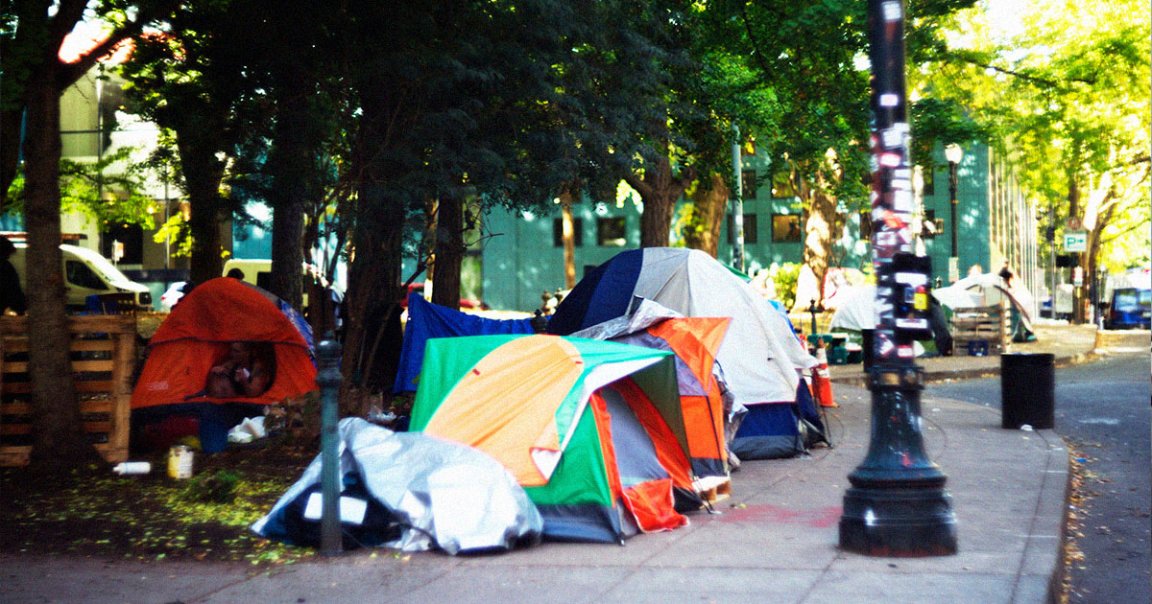
Solving homelessness completely is an exceedingly difficult task that’d likely require systemic changes on a sweeping level.
But that doesn’t mean we don’t already have the tools to help in concrete ways.
Case in point: the city of Denver, Colorado recently handed out monthly payments, ranging from $50 to $1,000, to 800 unhoused residents.
The results of the universal basic income (UBI) experiment were both counterintuitive and totally expected, given the results of previous experiments like it in which recipients ended up with much better access to stable and safer living arrangements and improved mental health. In Denver, many of them started working full-time, pulling themselves out of spiraling debt, getting housed, and bettering their professional opportunities.
“Many participants reported that they have used the money to pay off debt, repair their car, secure housing, and enroll in a course,” Mark Donovan, founder and executive director of the Denver Basic Income Project, told Insider, adding that he was “very encouraged” by the results.
“These are all paths that could eventually lead participants out of poverty and allow them to be less dependent on social support programs,” he added.
The results underline how skyrocketing housing costs play a huge role in homelessness — and not just addiction and eroding mental health.
Even after just six months, participants of the Denver Basic Income Project saw significant improvements.
Those who enrolled in the project were split into three groups, receiving either $6,500 upfront followed by $500 a month, $1,000 per month, or $50 a month.
According to an interim report published this month, the percentage of enrolled participants who reported sleeping outside fell from eight to just two percent at the six-month follow-up. Similarly, the percentage of people who reported sleeping in a shelter fell from 23 percent to just ten percent.
The percentage of people working full-time rose from 18 to 25 percent for the group receiving $500 per month and an initial payment, and 35 percent for those receiving $1,000 per month. (Perhaps unsurprisingly, there wasn’t much change for those getting $50 a month.)
Denver is far from the only city experimenting with UBI. San Francisco has also found that people were able to find permanent housing in just six months after receiving $500 a month.
Another recent UBI study in Vancouver, Canada also concluded that handing out one-time deposits of around $5,600, and giving workshops about spending, helped those experiencing homelessness to find permanent housing.
Best of all, the Vancouver study concluded that doing so actually reduces government spending.
None of this should be particularly surprising, given the fact that housing in cities like San Francisco and Vancouver has become too expensive to afford, especially for those working minimum-wage jobs.
Simply put, a cash injection could get those who are struggling on a better trajectory.
“People tend to be really resourceful and, if most of their issues are caused by lack of money, you’re fixing it by providing a cash transfer,” Jennifer Friedenbach, executive director of the Coalition on Homelessness in San Francisco, told The Guardian. “It gives people the flexibility to address their issues without bureaucratic complications.”
More on UBI: Study: Two-Year Basic Income Pilot Led to “More Satisfied” Lives